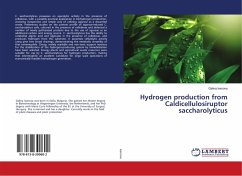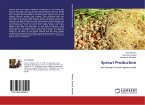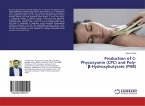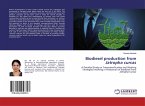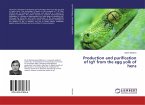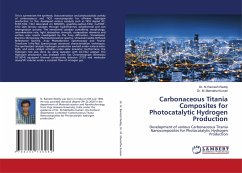C. saccharolyticus possesses an agarolytic activity in the presence of cellobiose, with a possible practical application in biohydrogen production, involving inexpensive and simple way of utilizing agarose as a discarded waste. Preliminary studies on the protein profile of agarose-induced C. saccharolyticus cells, cultured in the presence of cellobiose and detected a number of newly synthesized proteins due to the use of agarose as an additional carbon and energy source. C. saccharolyticus has the ability to catabolise alginic acid and alginates in the presence of cellobiose, and produces hydrogen from this substrate. It possesses cellulolytic activity using pine tree wood shavings, demonstrating the metabolic versatility of that extremophile. Cheap, widely available and non-toxic support matrices for the stabilization of the hydrogen-producing system by immobilization have been selected. Energy plants and agricultural waste resources were suitable for use by C. saccharolyticus for hydrogen production, making that extremophile an excellent candidate for large scale operations of economically feasible biohydrogen generation.
Hinweis: Dieser Artikel kann nur an eine deutsche Lieferadresse ausgeliefert werden.
Hinweis: Dieser Artikel kann nur an eine deutsche Lieferadresse ausgeliefert werden.

